Kevin White believes that his success and impact on collegiate sports is because of his Irish ancestry. “I am who I am, the diminutive pluses combined with the avalanche of minuses, because of my ancestral roots. To that end, I take great pride in being a teacher, a mentor, and a leader, which are all profoundly found within my Celtic DNA,” he told Irish America in February.
White, the vice president, director of athletics, and an adjunct professor of business administration at Duke University in Durham, North Carolina, was raised in Amityville, New York to parents who had roots in Dungloe, County Donegal. Both his paternal and maternal grandparents belonged to the Boyle and O’Donnell clans. If you already made the connection with the famous singer Daniel O’Donnell, yes, there is a claim that they might be cousins. Growing up, White remembers his house being filled with the distinct Donegal brogue. His maternal grandparents would stay with the family from time to time and tell him and his three siblings stories of home, where his grandmother, Mariah, was a dancer and his grandfather, Patrick, was a horse trainer who, at the time of his arrival in Ellis Island in 1902, only spoke Irish.
“Of course, there weren’t an abundance of horse training jobs in Brooklyn for an Irish-speaking man, so, off to Pittsburgh they went, where Patrick joined a myriad of other ethnic Irish and worked on the railroad there until a strike put him out of work,” White says. From there, Patrick and Mariah moved to Wilkes-Barre and “joined the ranks of many family members and friends via Donegal in the utter despair of the Celtic coal mining fraternity.”
White’s father, Emerson, wrote a syndicated sports column that was published in most of the local Long Island newspapers, as well as in and around New York City, but he credits his mother, Rita, as being the premier athlete of the family, due to her training and career as a dancer.
“I would suggest, to this day, that my mother was unequivocally the very best athlete in our family,” he says.
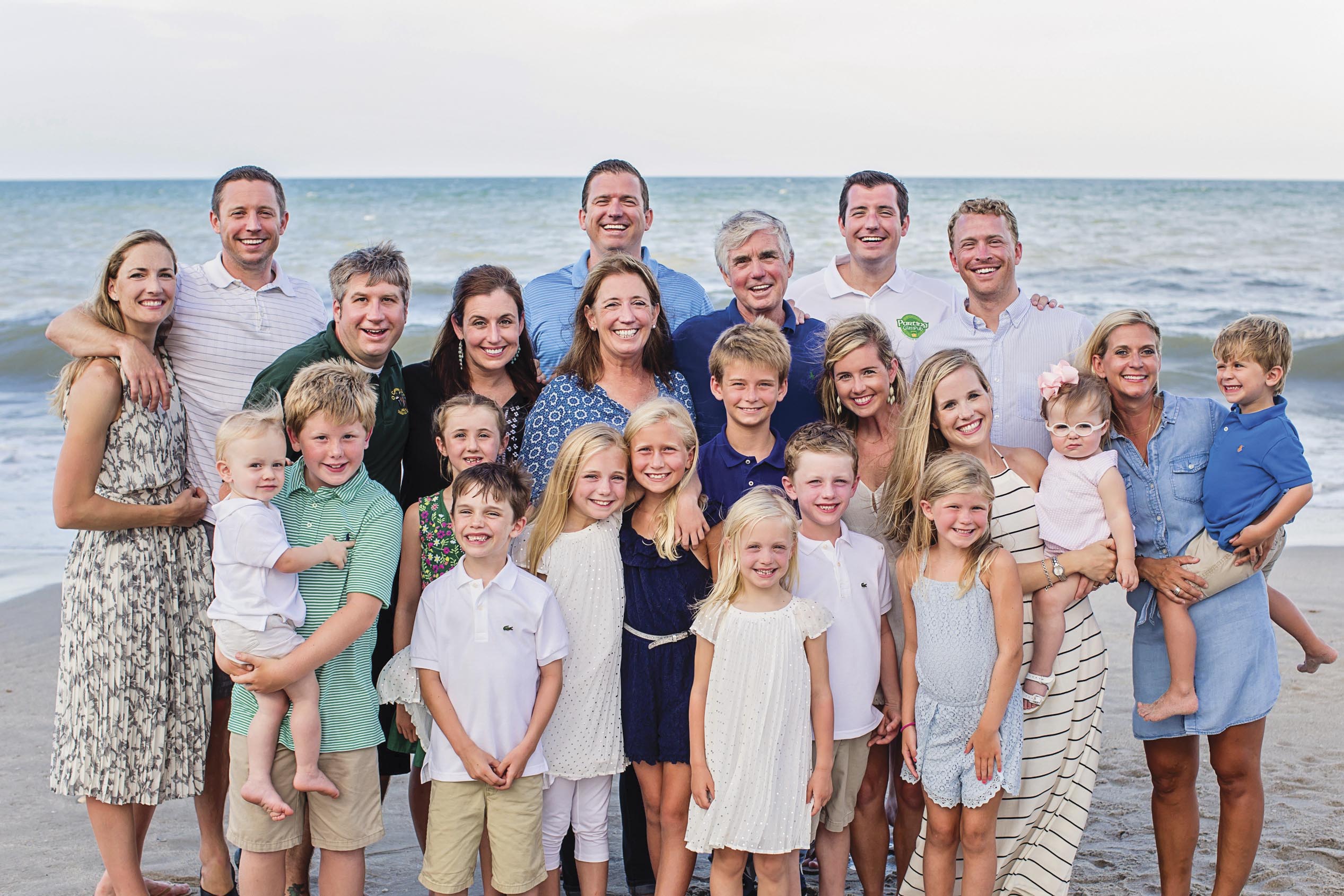
His mother, who had been sent from Wilkes-Barre to the Bronx to receive a Catholic education, took her Irish step dancing background and auditioned for the Rockettes at 15, joining their ranks in 1940. She danced with them through the war before moving on to work as an accompanying singer and dancer for well-known voices such as Danny Kaye, Bob Hope, Frank Sinatra, and the Tommy Tucker Orchestra. She was a widely known starlet of that time, performing in big time New York venues and USO shows all over the country.
As a result of his parents’ moderate notoriety, White says, “Our upbringing was prideful, and a bit structured, but I wouldn’t portray it as strict. We were a classic American family that was moderately aspirational within our respective means.” They lived a firmly middle-class life.
“As for future ambition, I really never thought about a career in college athletics. As the first family member to attend college, I was incapable of even entertaining that prospect.”
During his high school days, White was a track and field runner, and later, as he pursued a degree in business administration at Saint Joseph’s College in Rensselaer, Indiana, he would again participate in track and field. It was at St. Joseph’s that he would meet his future wife, Jane Gartland, who also ran track and field, and also had Irish heritage – from Dublin and Mayo.
Shortly after Kevin and Jane married in the early 1970s, they relocated to Florida because White’s father had become terminally ill. In New Port Richey, the couple was hired as teachers and track and field coaches at Gulf High School, which eventually led to his introduction into the world of collegiate athletics.
“I always loved coaching, and still do,” White explains. “However, once our family began to mature, and as I began to take a deeper dive into academic credentialing, the next logistical step appeared to be athletics administration.”
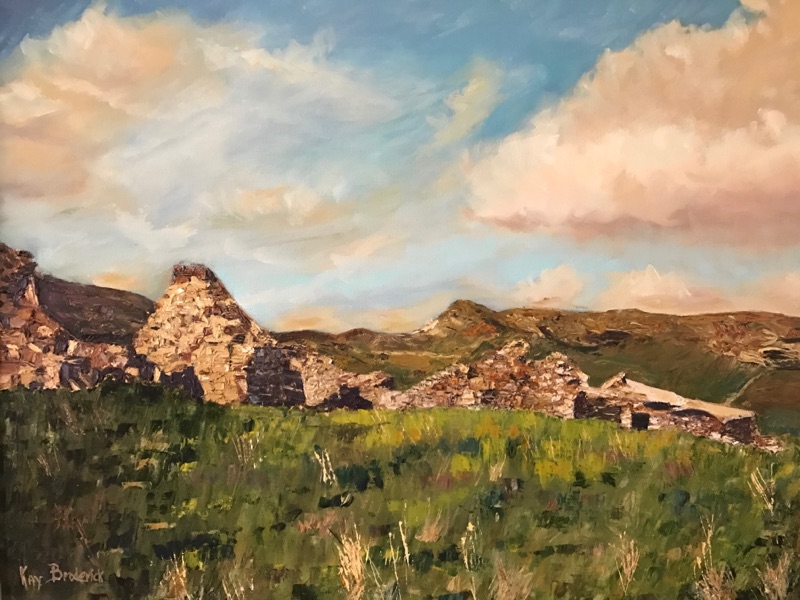
Since taking that step, White’s athletic programs and educational initiatives have enabled him to become one of the best, if not the best, athletic directors at the collegiate level. It’s unsurprising then that his first success came in his very first job, in 1982, at the collegiate level, at Loras College in Dubuque, Iowa, where he established the National Catholic Basketball Tournament.
While at Loras, White saw there was a gap between the college and the community and figured a basketball tournament would bring the two together. “It was a need to reconnect the local community with the college and specifically with athletics,” he says. His vision led to a men’s and women’s basketball tournament between 32 Catholic colleges that would rival the NCAA tournament throughout the 1980s.
White went on to lead athletic departments at University of Maine, Tulane University, Arizona State University, and, most recently, the University of Notre Dame, where he also served as president of the National Association of Collegiate Directors of Athletics, and president of the Division I-A Athletic Directors Association. His tenure there qualifies as the most successful across-the-board years in the history of athletics at the home of the Fighting Irish.
Teams thrived under White’s tenure – men’s and women’s soccer, men’s and women’s fencing, and women’s basketball in particular, as they went on to win a total of four NCAA championships. In 2006, White was named as the General Sports Turf System Division I-A Central Region Athletic Director of the Year as his student athletes performed well in the classroom and on the field – the school boasted 44 All-Americans, 14 Academic All-Americans, and five of the combination of the two. These academic records set the bar for how White’s student-athletes would perform at Duke University.
He joined the Blue Devils in 2008 and, as he had with Notre Dame, he developed an environment in which student athletes lead both on and off the field. The Blue Devils have gone on to win a total of seven NCAA championships in men’s basketball, men’s lacrosse, and women’s golf; 480 of these student-athletes made the latest All-Atlantic Coast Conference Honor Roll during White’s nine-year tenure so far. Last year, 25 out of 26 Duke teams earned grade point averages of 3.0 or better, and a combined total of 187 student athletes made the dean’s list, 97 in the fall and 90 in the spring season. Duke had a 98 percent graduation success rate. White also makes sure that these student athletes serve the immediate city of Durham as well as the surrounding community.
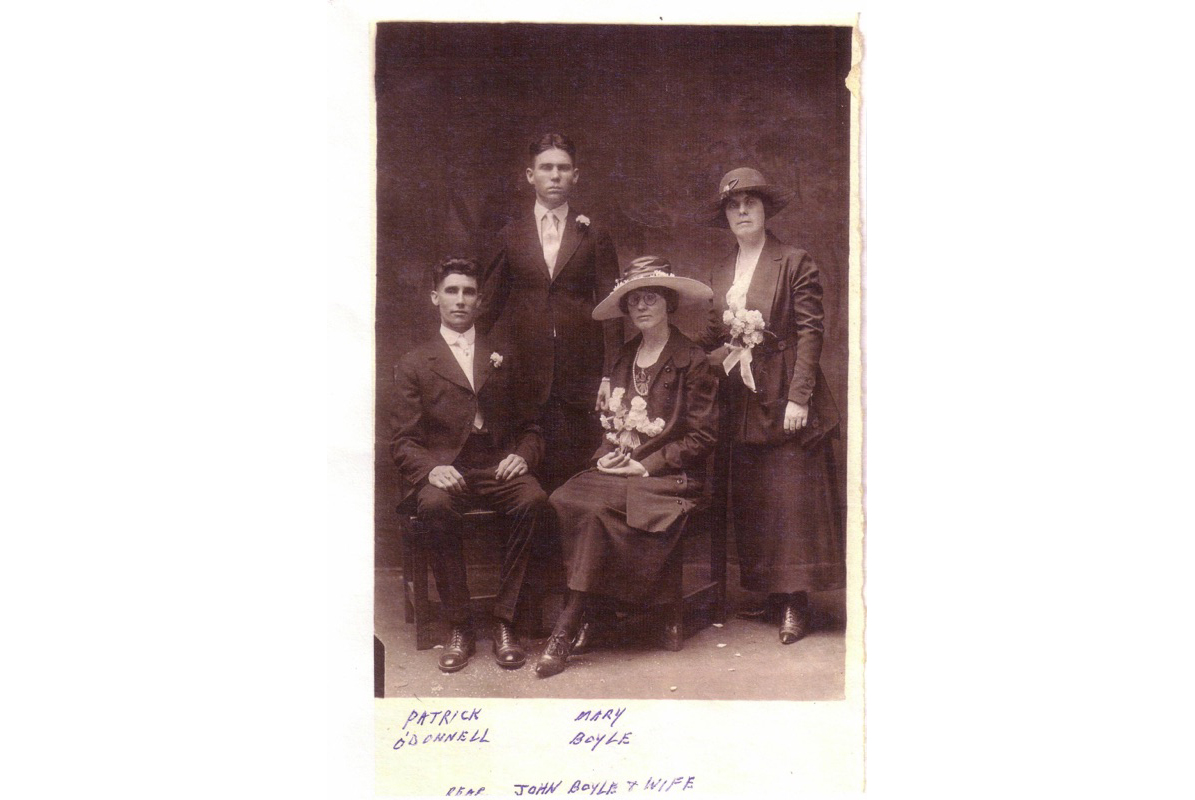
Under White, over 500 student athletes have participated in community outreach, learning, and service projects and have a combined effort of 2,000 community service hours during the 2015-2016 academic year alone.
One such project is a civic engagement program called the Rubenstein-Bing Student Athlete Civic Engagement Program, otherwise known as ACE. This program enables student-athletes from both Duke and Stanford universities to travel to countries like South Africa, China, India, and Vietnam in order to work together in communities that do not have enough resources for things like health services, education, social enterprise, environmental sustainability, conservation, or coaching.
White’s student athletes weren’t the only ones who have succeeded under his administration; those who have worked under White’s tutelage have also gone on to succeed and some even to run their own athletic programs. White has taught over 20 athletic directors the tools of the trade in his 35-year career, some of the most notable at schools like Tulane University, Ohio University, Florida State University, Stanford University, and Duke’s own nemesis, the University of North Carolina.
As well as assisting student athletes and future administrators, White has been a major proponent of diversity and inclusion in his thirty-five-year long career. This makes sense for a man who wrote his doctoral dissertation (he holds a Ph.D. from Southern Illinois University) on Title IX after comparing the inequality of his wife’s salary to his own, “wherein she was appreciably more successful as a high school and college coach,” he says.
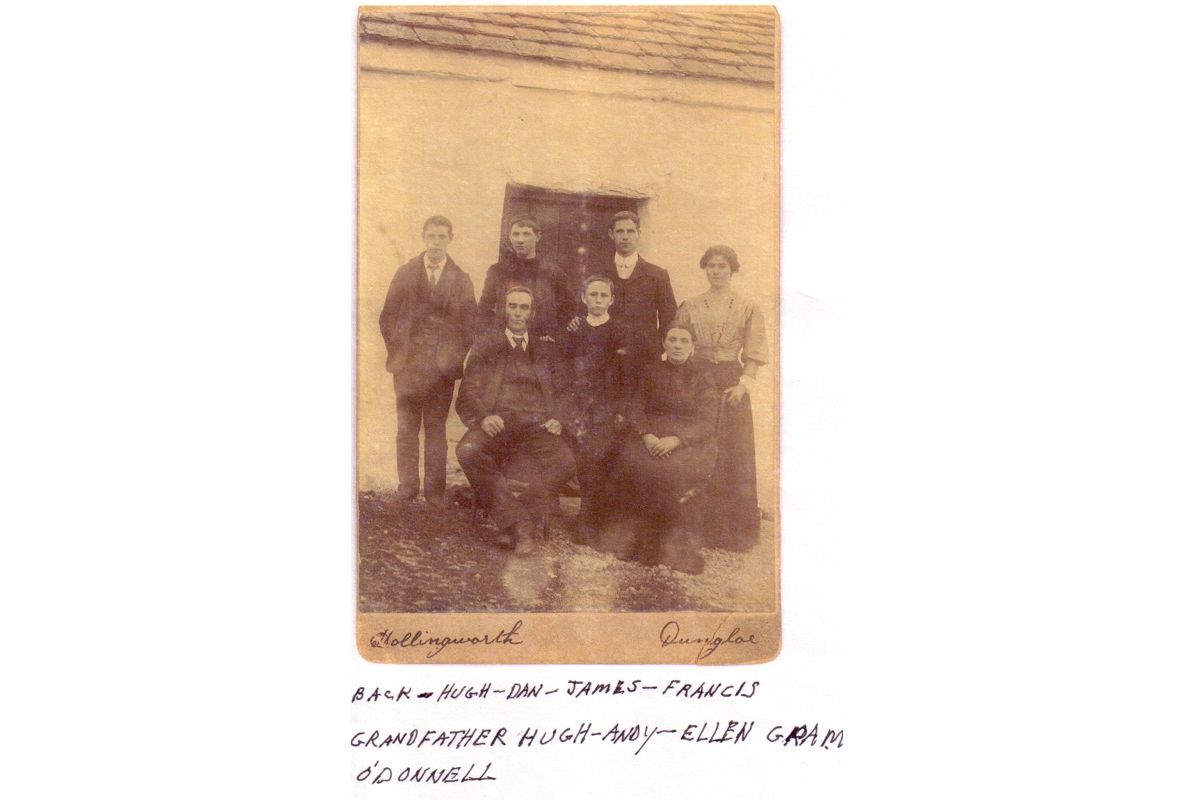
White is also a major advocate for diversity at the schools he serves. At all five of the Division I schools’ athletic programs where White has been at the helm, he hired the first ethnic minority head coach. At Duke specifically, the athletic department went from having one female member and no ethnic minorities on the senior and executive staff in 2007 to having eight women and four ethnic minorities in those roles under White.
White was recently honored by the NCAA Minority Opportunities and Interests Committee last September as a “Champion of Diversity and Inclusion” for this change in Duke’s administration and his Open Door Initiative, a plan that allows for ethnic minorities to have an opportunity to intern in White’s athletic administration every summer, giving them a chance to cross the threshold into a world of athletic administration in the future.
“Kevin is the very first person who comes to mind when considering those who are advocates of underrepresented populations,” China Jude, chair of the subcommittee that selects Champions of Diversity and Inclusion and the assistant vice president and athletics director at Queens College, New York, said at the time. “His long history of positioning ethnic minorities and women for the athletics director chair speaks volumes of his commitment long before others were willing to address it.”
Sandy Barbour, the Pennsylvania State University athletics director, called White “an incredible visionary, passionate advocate for students and unparalleled mentor.”
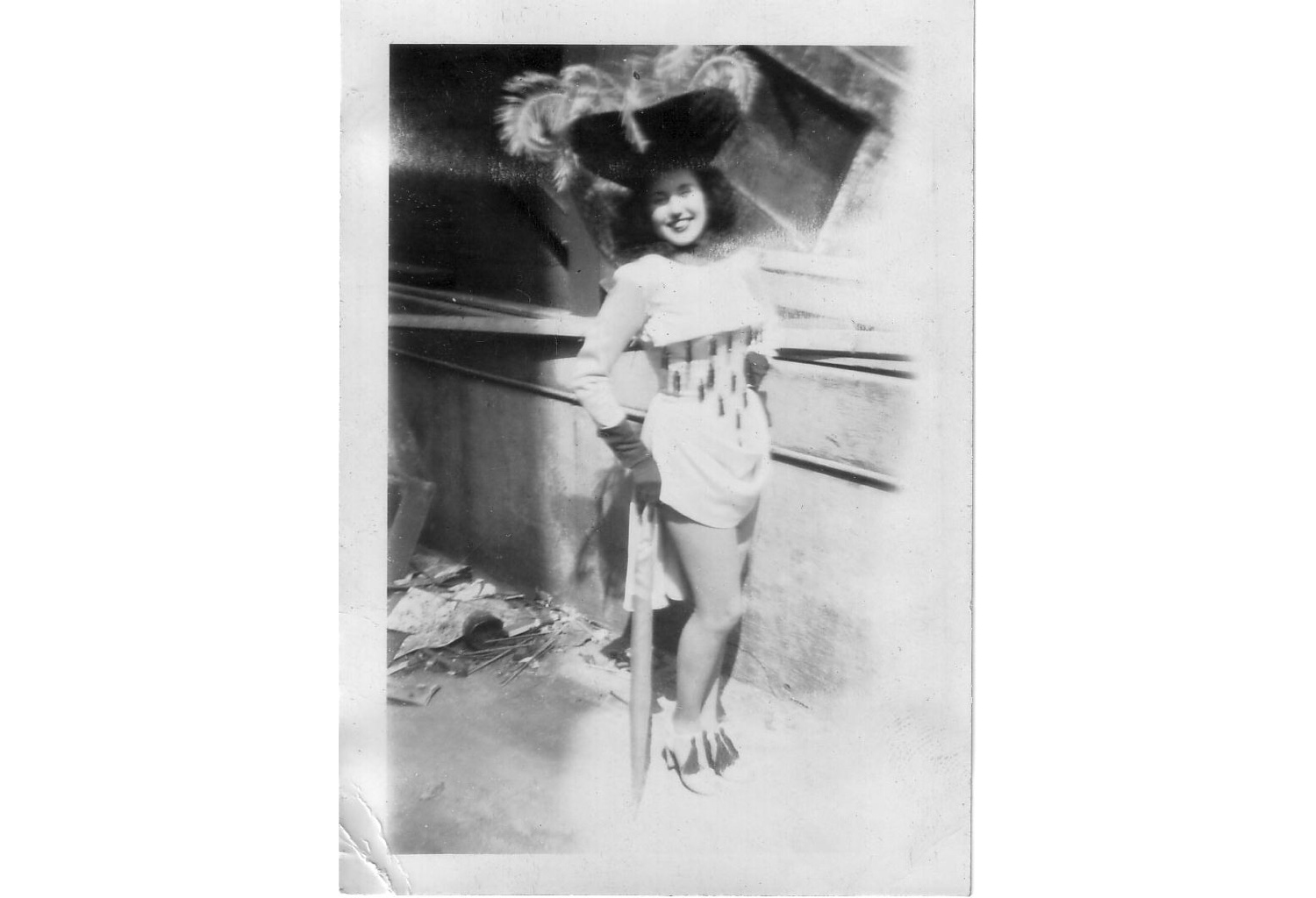
White downplays the praise. “Each and every institution that I or my family have served has been, in its own particular way, just a magical experience,” he says. “At the end of the day, having had the opportunity to combine education and entertainment within the context of sport has been terribly gratifying.” If he’s a good teacher, he says, it’s an outgrowth of his ancestral background. Historically, his family were cited as highly accomplished Irish teachers.
And if his nine years at Duke have been some the some of the best in his career, it’s partly because he was made to feel at home. “The greater Blue Devil family truly embraced our family,” he says. White’s children, following along in the footsteps of their parents, have embarked almost exclusively on careers in education and college athletics.
His first son, Mike, is the head basketball coach at the University of Florida; his second son, Danny, is the athletic director at University of Central Florida; and his third son, Brian, is an associate athletic director for Development at Army. Meanwhile, White’s first daughter, Maureen, is an English teacher in Arizona and Mariah, the youngest, recently graduated from Tulane Law School.
Irish heritage is important to Kevin and his family. He and Jane hosted alumni trips to Ireland while at Notre Dame, and have continued to host trips from Duke. As a family, they have been back to Ireland and Dungloe over a dozen times since 1993.
White, who is a dual citizen, is thankful, not only for the opportunities that America has given him, but for the opportunities his parents and grandparents were given in this country.
“I deeply love our country,” he says. “America is an amazing place that has been greatly enhanced by its eclectic migration, and evolution. With that said, one of my all-time favorite days was when I was granted dual citizenship. Being formally connected to my Irish legacy, in particular my family heritage in Dungloe, was a powerful moment for me.”
He is grateful to those ancestors who came over from Ireland and paved the way for his family to enjoy the success they have today.
“Our ancestral story isn’t unique; however, our journey is indeed very personal, and will be forever celebrated,” he says. “With that said, thank God in those respective days, there was no ‘Wall,’ for America was immeasurably impacted by immigrants from all quarters of the world, including the Irish, whose legacy I endeavor to uphold, as a very proud Irish American.” ♦
Note: We reached out to Kevin just prior to Mother’s Day 2021 and he added this about his mother: “Our beloved mother’s grand legacy lives rather vibrantly within our entire extended family. As a dancer and Big Band singer in the 40’s, Rita “Frances” O’Donnell White authentically personified her Dungloe, Donegal ancestral roots coupled with her very humble Wilkes Barre (coal mining) orientation, notwithstanding her more contemporary NYC show business influence at age 15, and well beyond. Again, the never ending confluence of her parents’ post-emigration experiences have totally defined our very special family. – Kevin White, May 7, 2021.
_______________
Dave Lewis is from Rahway, New Jersey and is a graduate of Kean University’s honors history program, where he also established the Kean Hurling Club. He currently is the operations coordinator at Turlough McConnell Communications. Dave Lewis

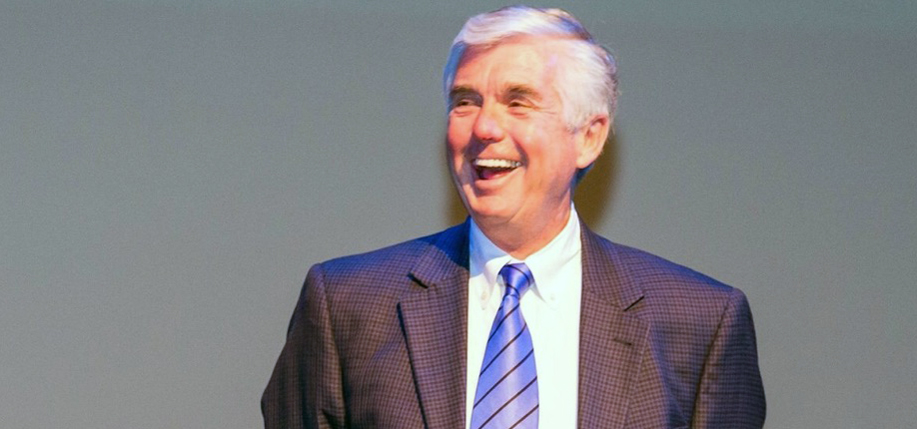
I am a cousin of of your mother, I was one of her bridesmaid. I have a grandson who is in college his major is coaching football. I enjoyed the article